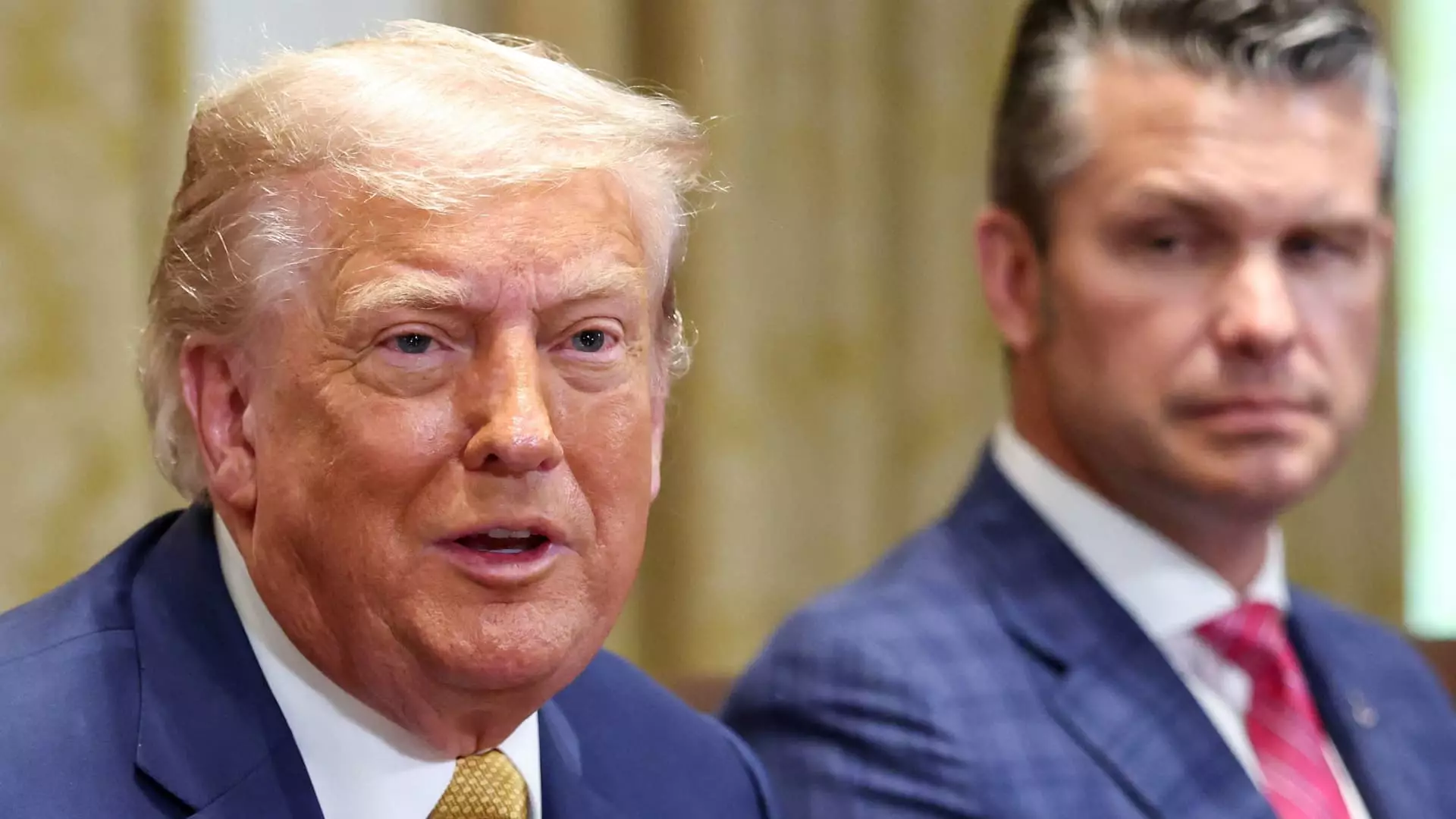The recent threat by President Donald Trump to slap tariffs of up to 200% on imported pharmaceuticals highlights a troubling trend: the use of economic nationalism as a quick fix rather than a strategic solution. While the rhetoric may appeal to some as a push toward domestic manufacturing, it dangerously oversimplifies a complex industry that directly impacts American lives. Tariffs, particularly at such prohibitive levels, threaten to do more harm than good by disrupting the fragile balance of the supply chain, inflating drug prices, and discouraging innovation.
The idea that punishing foreign drugmakers will somehow encourage a flourishing U.S. pharmaceutical industry neglects the reality that American pharmaceutical companies are already invested heavily within U.S. borders. They are innovating, conducting R&D, and creating jobs without tariffs. Imposing punitive costs via tariffs risks destabilizing this ecosystem, leading to higher consumer costs and reduced access to essential medicines. While political leaders may see tariffs as bold measures to protect American industry, the truth is they often fail to account for the broader economic consequences and the human toll of drug shortages and increased healthcare costs.
Short-Term Political Gains vs. Long-Term National Wellbeing
President Trump’s approach appears more rooted in political posturing than in sound policy. Announcing a plan to implement steep tariffs—yet delaying their enforcement for a year or more—underscores the game of wait-and-see that has marred many of his previous trade threats. Such delays do little to quell industry apprehensions that the attempted protectionism is superficial, essentially a bargaining tactic rather than a genuine strategic overhaul. Instead of addressing the structural issues within the U.S. healthcare and pharmaceutical industries—like incentivizing innovation, ensuring equitable access, and supporting R&D—these threats serve as a distraction, invoking nationalism to mask the lack of tangible policy solutions.
The pharmaceutical sector is already under enormous pressure from the administration’s drug pricing policies, which have engendered fears of stifled investment and reduced innovation. The proposed tariffs threaten to compound this problem, risking a backlash that could deter companies from investing in U.S. research. Instead of protecting American consumers and fostering a sustainable industry, tariffs risk becoming a short-sighted tactic that endangers the very innovation they claim to promote. A more sensible approach would involve strategic support for domestic R&D, fostering competitive markets, and creating fair trade policies that do not threaten access to affordable medication.
A Balancing Act: National Security vs. Economic Rationality
The Trump administration’s invocation of national security grounds to justify these tariffs—especially through the legal framework of Section 232—is a convenient, yet ultimately flawed, argument. While securing supply chains is crucial, weaponizing trade policy risks turning a complex issue into a blunt weapon. The pharmaceutical industry’s global integration enables rapid response to medical crises, and tariffs could hinder our ability to access a diversified and resilient supply chain. Reduced reliance on foreign imports should, ideally, be achieved through strategic investment and innovation, not punitive tariffs that threaten to destabilize the market.
This approach reveals a fundamental misunderstanding of how global trade and innovation intersect. Protective measures at the expense of collaboration and competition could stifle the very progress that advances medical science. True national security is rooted in a resilient, innovative industry—not in isolationist policies that could backfire, increasing costs and reducing access to vital medicines. Policymakers must critically evaluate whether rhetoric-driven protectionism truly serves American interests or simply caters to short-term political gains.

